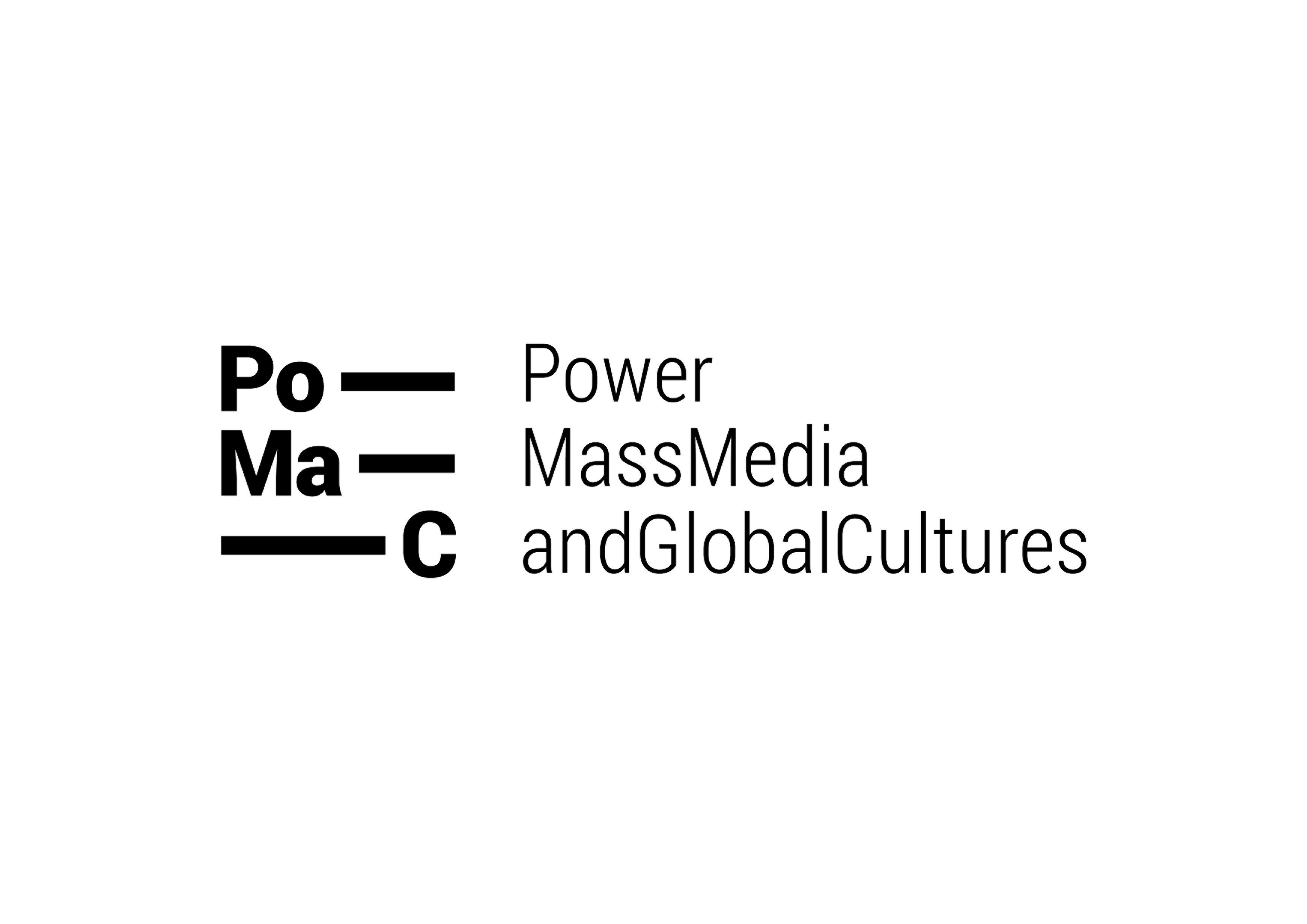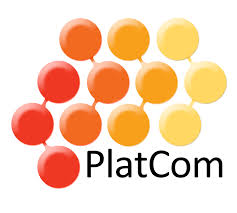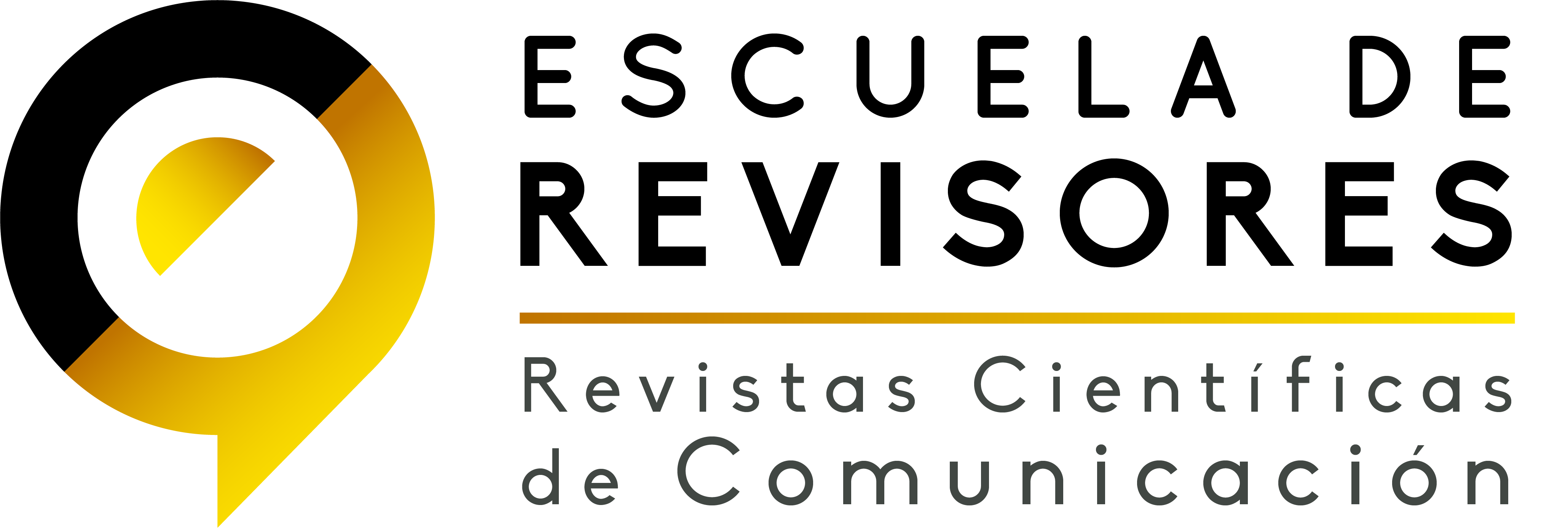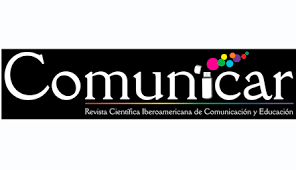Ethical code
COMMUNICATION PAPERS. MEDIA LITERACY AND GENDER STUDIES's Ethics and Malpractice Statement
Communication Papers adheres to the highest international standards of editorial ethics. The practices of the editorial board, reviewers, and authors are based on the principles established by globally recognized organizations:
-
Committee on Publication Ethics (COPE):
https://publicationethics.org -
Directory of Open Access Journals (DOAJ) Principles of Transparency:
https://doaj.org/apply/transparency/
1. Editorial Responsibilities
The editorial team ensures that all submitted manuscripts are evaluated solely on the basis of academic merit, originality, and relevance to the journal’s scope, without discrimination based on race, gender, sexual orientation, religion, ethnicity, citizenship, or political beliefs.
Editors are responsible for the integrity of the review process, maintaining confidentiality, and taking necessary steps in cases of suspected ethical misconduct (e.g., plagiarism, data falsification).
2. Authors’ Responsibilities
Authors must ensure that their submissions are original, have not been published elsewhere, and are not under consideration by another journal. Proper citation of sources, accurate representation of data, and acknowledgment of all contributors are required.
In the case of research involving human participants, authors must confirm that ethical standards (e.g., informed consent, anonymity, institutional ethics approval) were met.
Authors must declare any conflicts of interestand are responsible for correcting any errors discovered after publication.
3. Reviewers’ Responsibilities
Peer reviewers must maintain confidentiality, provide objective feedback, and avoid conflicts of interest. They must decline reviews if they feel unqualified or recognize a conflict (personal, academic, or financial).
Reviewers are encouraged to identify ethical concerns, including suspected plagiarism or duplicate publication.
4. Misconduct Handling
Communication Paperstakes all allegations of misconduct seriously and follows COPE’s guidelines for investigating and resolving ethical concerns. If proven, appropriate actions will be taken (e.g., retractions, corrections, or editorial notices).
-Plagiarism Check
All manuscripts are scanned for plagiarism using iThenticate software. Authors are informed if plagiarism/self-plagiarism is detected. If necessary, editors may check the manuscript for plagiarism at various stages of the review or production process. High similarity rates may result in a manuscript being rejected before or even after acceptance. Depending on the type of manuscript, a similarity rate of less than 20% is mandatory for publication.
-Double-Blind Review Process
After the plagiarism check, the editor-in-chief evaluates the eligible manuscripts, especially in terms of originality, methodology, the importance of the subject matter, and compatibility with the journal’s scope. Then, the editor-in-chief submits the manuscripts that meet the formal requirements to at least two referees from Spain and/or abroad for a fair double-blind review. Finally, the editor-in-chief approves the publication of the manuscript after the changes deemed necessary by the referees are made by the author(s).
- AI Usage
Communication Papers does not accept submissions that are partially or fully generated using AI tools, consistent with the policies of most academic publishers. However, this does not apply to the use of AI or other tools for checking and improving spelling and grammar in submitted materials. Any other use of AI must be explicitly disclosed in the submitted work.
- Research Ethics
The Communication Papers Journal upholds the highest standards and adopts the international principles of research ethics. It is the responsibility of the authors to ensure that manuscripts comply with ethical guidelines.
- The principles of integrity, quality, and transparency must be ensured in the design, review of the invention, and conduct of the research.
- The author(s) should inform the participants and/or the research team about the purpose of the research, methods and possible anticipated uses, and the requirements and risks, if any, of participation in the research.
- Confidentiality of information provided by research participants and confidentiality of respondents must be ensured. The research should be designed to protect the autonomy and dignity of the participants.
- Research participants should participate in the research voluntarily and not be under coercion.
- Harm to participants should be avoided. The research should be planned in a way that does not put participants at risk.
- Research independence must be clear and explicit; any conflict of interest must be stated.
- In experimental studies, written informed consent must be obtained from participants who decide to participate in the research. In addition, consent must be obthttps://doaj.org/apply/transparency/ained from the legal guardian of children and those under guardianship or those with confirmed mental illness.
- If the study will be carried out in any institution or organization, approval must be obtained from this institution or organization that the study will be conducted.






